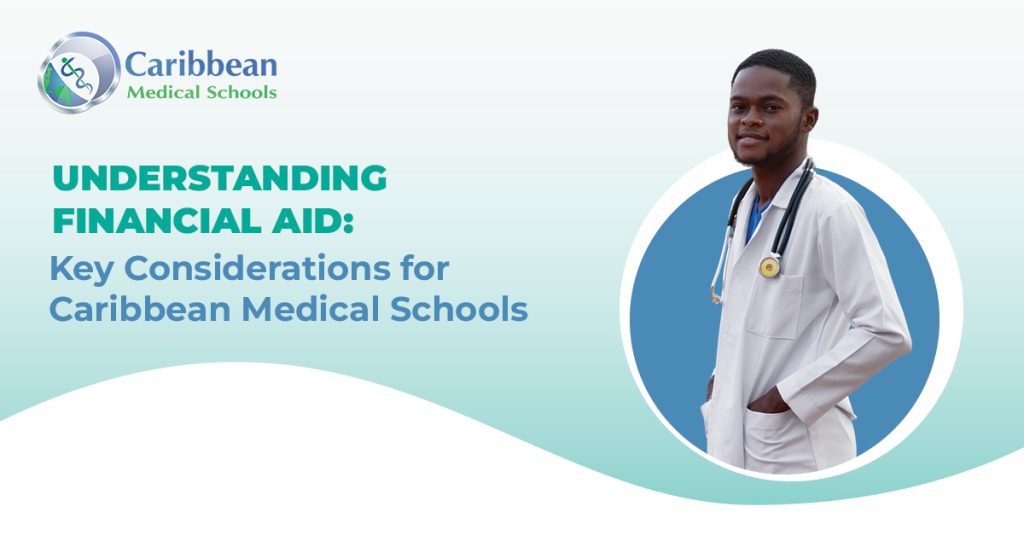Blog Summary
In this comprehensive exploration of the role of accreditation in Caribbean medical schools, five key numerical aspects emerge as crucial indicators of success. Accreditation rates serve as a fundamental metric, reflecting the quality and credibility of institutions. High rates signify robust educational programs, influencing student enrollment and institutional reputation. A strong correlation between accreditation rates and academic performance underscores its importance in fostering excellence. Residency match success becomes a reflection of accreditation’s impact, influencing eligibility and long-term career prospects for graduates. Alumni achievements demonstrate the tangible outcomes of accreditation, showcasing successful careers and contributions to healthcare. Research output becomes a barometer of academic excellence, with accredited schools demonstrating higher metrics and collaborative partnerships. Finally, global recognition enhances the mobility and opportunities for Caribbean medical graduates, solidifying accreditation as a cornerstone for success, shaping educational experiences, career trajectories, and contributions to the healthcare profession in the Caribbean and beyond. As these institutions uphold rigorous standards, accreditation remains an indispensable force driving progress and innovation in medical training and healthcare delivery.











